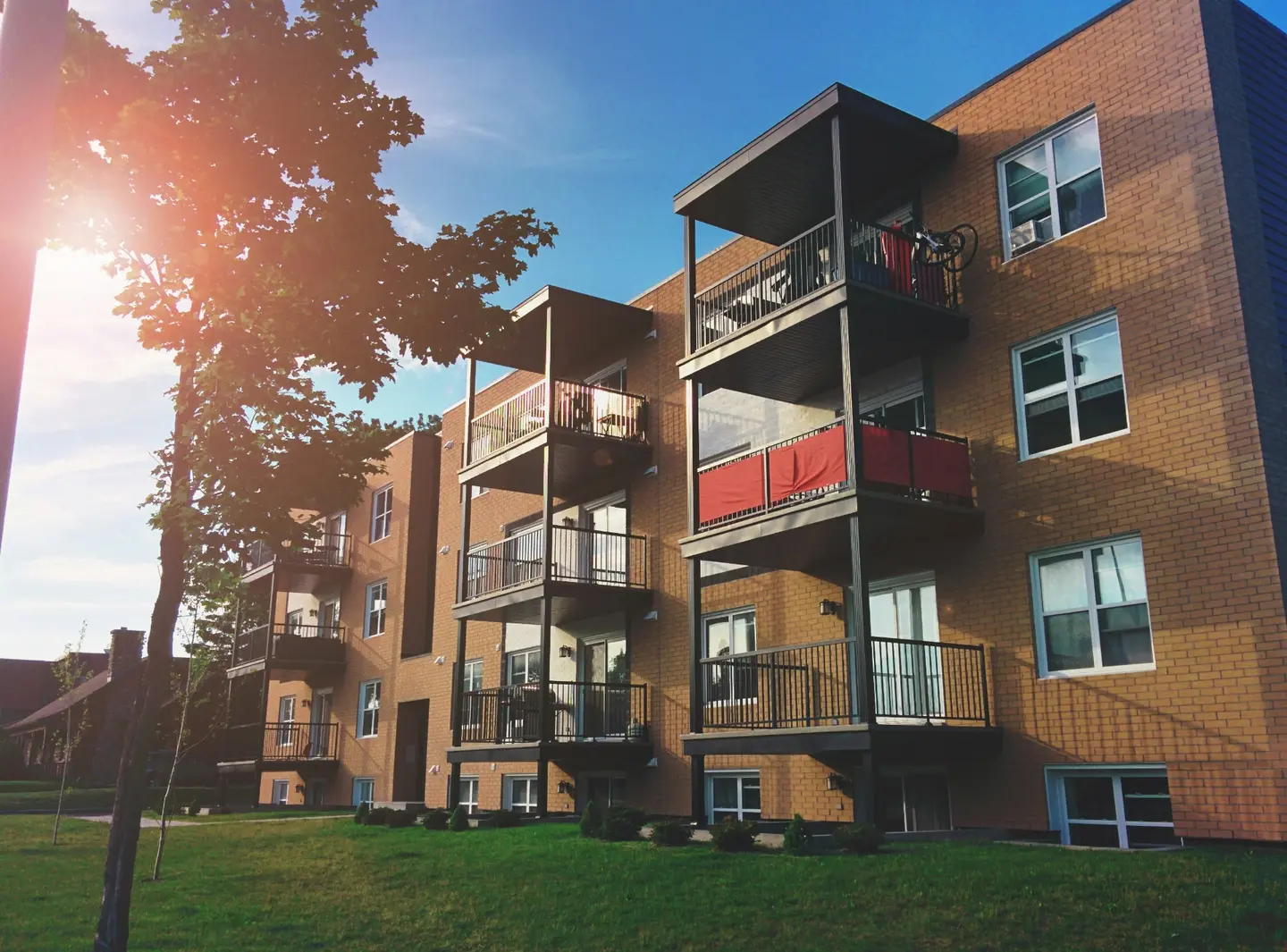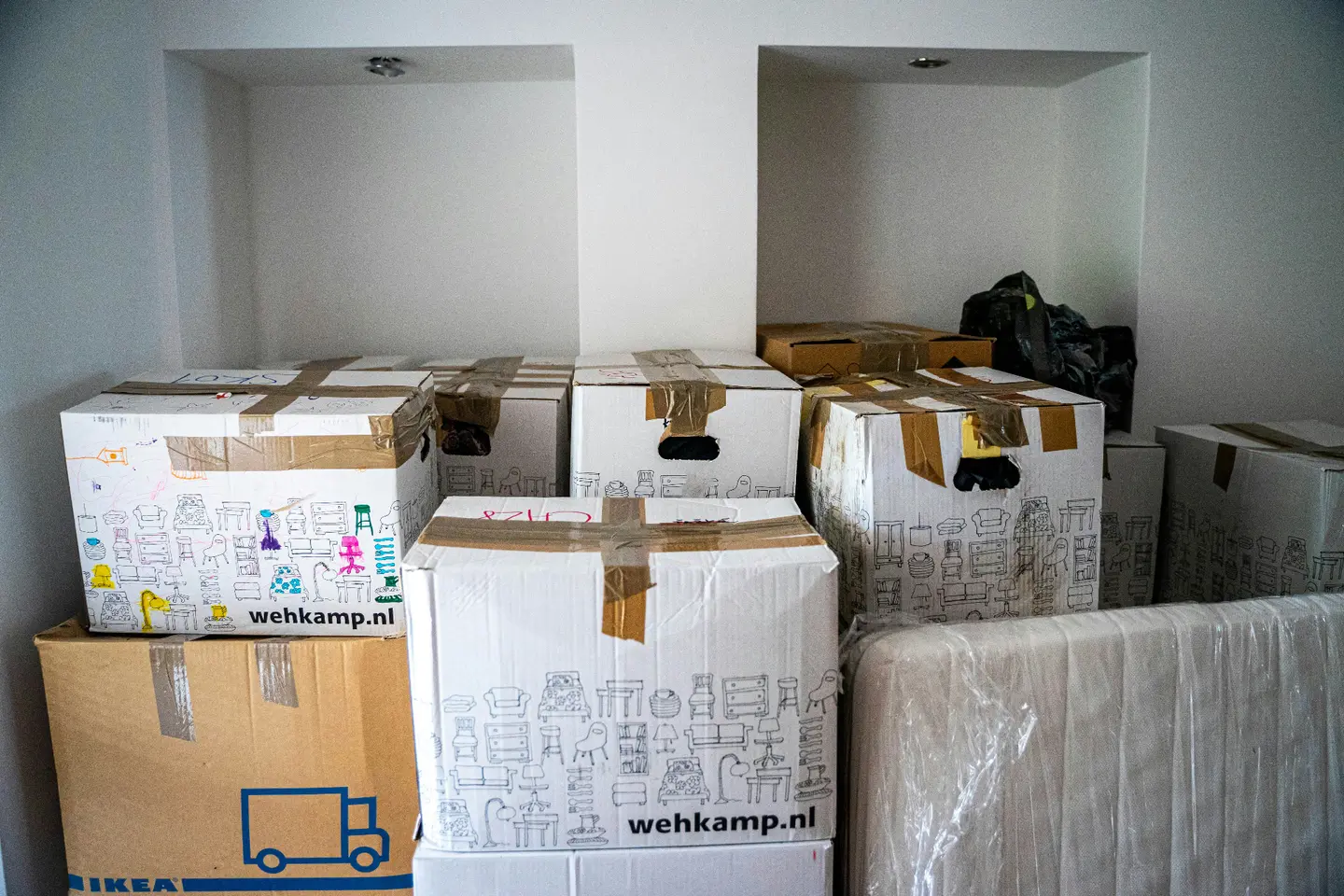What You Need to Know About Bill 31

Bill 31, “an Act to amend various legislative provisions with respect to housing” was adopted by the National Assembly on February 21st 2024. The new law affects rental housing projects and particularly the relationship between landlords and tenants.
In this article, Vistoo, the top real estate platform in Quebec and Canada, will show you the main features of this new law that has 38 sections in total.
Five elements caught our attention:
- Lease transfer
- Clause G
- Clause F
- Evictions
- Additional powers for municipalities
The Lease Transfer
Before Bill 31 came into force, tenants could transfer their lease to another person without too much trouble, because the law made it possible.
As for landlords, they had the right to refuse such a transfer only if they had serious concerns about the person that wanted to take over the lease.
The provisions of the new law give landlords the right to refuse a lease transfer. Moreover, landlords can justify their decision with a reason other than serious concerns.
This provision has come into force at the same time as the law, on 20 22nd.
While the provision affecting lease transfers changes the relationship between tenants and landlords, it forces both parties to find a compromise when they’re faced with such a situation.
Clause G
Clause G, exclusive to Quebec’s residential leases, “requires the landlord to declare the amount of rent that the previous tenant paid for the dwelling.”
The new provisions of the law state that this clause must now be respected, and that the landlord must disclose the lowest amount of rent that was paid for the dwelling over the last 12 months.
If the landlord omits to declare this information, they may be liable for damages.
With this provision, Housing Minister France-Élaine Duranceau wants to offer more transparency to tenants by requiring lessors to declare in the lease the lowest amount of rent that was paid for the dwelling.
Clause F
Moreover, in residential leases, Clause F will become mandatory for all newly-constructed buildings and all buildings whose destination has recently been changed.
More concretely, it’ll become mandatory to indicate in the lease the maximum amount of rent that the landlord is planning to ask for the next five years.
This provision, just like the first, is seen as a step toward increasing transparency and promoting a good relationship between tenants and landlords.
Evictions

With the adoption of Bill 31, the government is improving the situation for people who have been evicted.
According to the previous provisions, people who were evicted from their dwelling had the right to three months of rent, in addition to other costs associated with moving.
The new law requires landlords to offer compensation at least equal to a month of rent, up to a maximum of 24 months, for each year of residence.
Additional Powers for Municipalities
Through some of the provisions of the new law, the government wants to stimulate the construction of new rental housing.
The law now allows municipalities that have a population of “more than 10,000 people and a vacancy rate below 3%” to approve housing projects in their area and circumvent some of their urban planning rules.
Because of this provision, real estate developers will be able to accelerate construction projects and offer rental housing to tenants faster. As we all know, it always takes some time before obtaining a building permit with the city.
The Quebec government is fully aware of the housing crisis in the province, and it wants to grant municipalities the power to fast-track some building projects.
This is good news for developers, many of whose projects are currently on hold because of urban planning regulations in several cities in Quebec. With this amendment, the government is hoping to speed up construction.
In Short
In short, Bill 31 not only improves the relationship between landlords and tenants, but it also provides more transparency. New tenants will be able to know the amount of rent that the last tenant paid for the dwelling (in the last 12 months) and what rent increases to expect in the future (for new constructions). In addition, it requires landlords to demonstrate more transparency by providing existing information.
Finally, Bill 31 gives developers a boost to start their rental housing projects faster. Municipalities with a population of more than 10,000 people will be able to fast-track this type of project.
Vistoo, the top real estate platform in Quebec and Canada, offers you the possibility to buy, rent or advertize your building projects. Take the time to look at everything, thanks to Vistoo.com!
